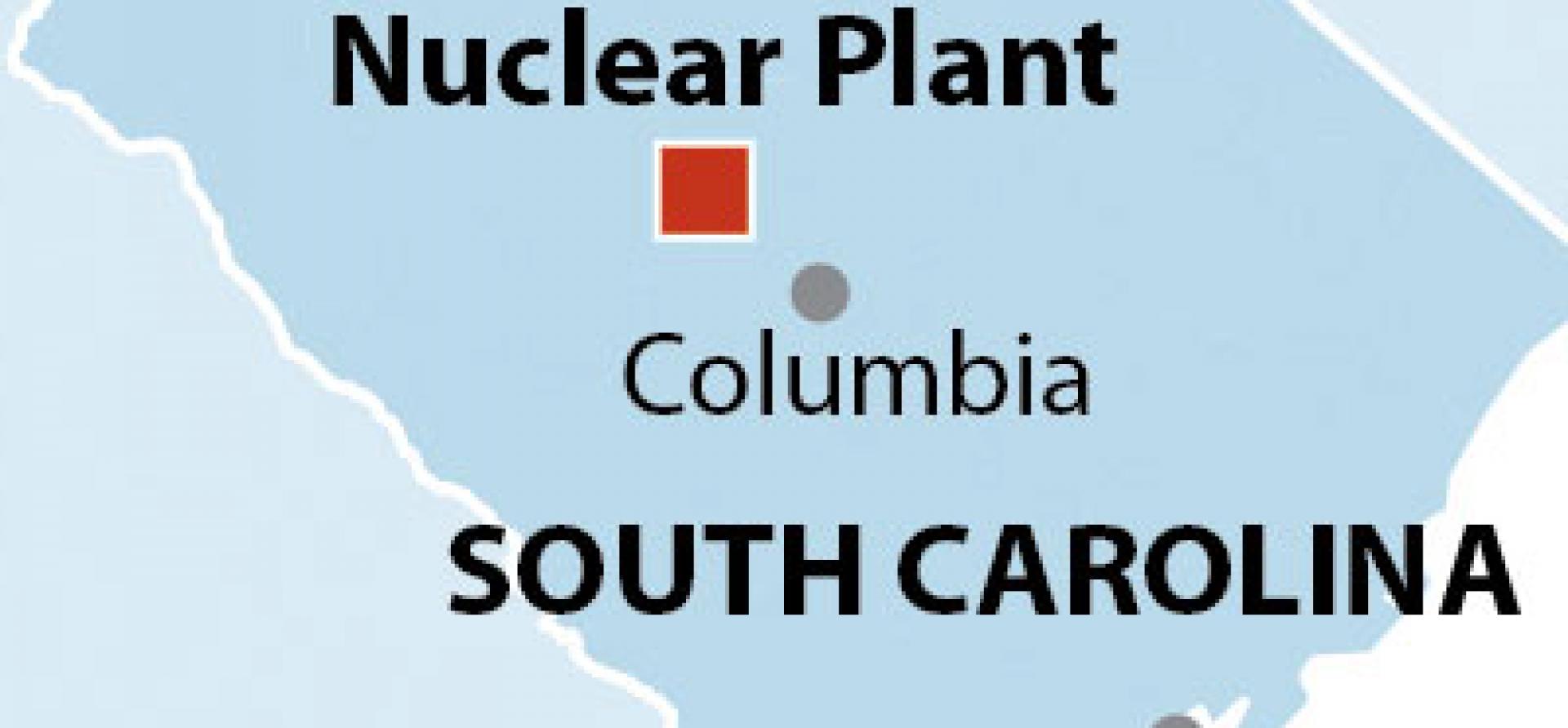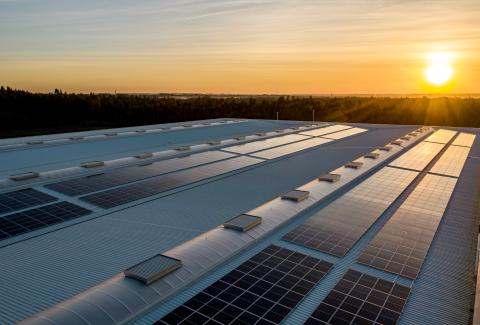IEEFA Update: The U.S. Nuclear Project Cancellation Announcement Heard ’Round the World

Hindsight being 20/20, it’s clear that the developers of the V.C. Summer nuclear-energy project in South Carolina had no choice but to pull the plug on the project, as they announced yesterday they had done.
Reasonable foresight would have better served ratepayers of South Carolina Electric & Gas Co. as well those of Santee Cooper, the state-owned electricity utility. Both utilities put project costs at $11.8 billion in 2008 when it was originally proposed. That figure, approved by regulators, had ballooned to more than $25 billion.
The Summer project, which was to have included two units and was about one-third complete, had also suffered massive construction delays. Santee Cooper had pushed the completion date for the new reactors out to 2024, almost seven and a half years later than originally estimated.
Santee Cooper has blamed Westinghouse Corporation for the cost overruns, and Westinghouse has cited $6.3 billion in losses from the project and from two similar reactors under construction at the Vogtle project in Georgia as the basis for its bankruptcy filing at the end of March.
Make no mistake: This news is a warning to the nuclear-power industry globally. Cost overruns and construction delays can be expected and indeed will materialize on projects that go forward, a point we explored in depth in a report we published last year about similar projects being proposed in India (“Bad Choices: The Risks, Costs and Viability of Proposed Nuclear Reactors in India”).
Santee Cooper openly acknowledged four fundamental barriers to continuing the Summer project:
- Higher than projected construction costs;
- Higher than projected operating costs;
- The fact that no reactor with the new design being used (the Westinghouse AP1000) has yet achieved commercial operation;
- General lack of nuclear industry economies and scale.
The industry was warned of these very risks years ago. In 2006, Peter Bradford, a former chairman of the New York State Public Service Commission and former commissioner of the U.S. Nuclear Regulatory Commission, and I co-authored a report on how such projects were enormously risky, in no small part because construction-cost guestimates had become what we considered “notoriously inaccurate.”
Nuclear projects using new technologies traditionally cost much more than originally estimated, a reality that came home to roost at the Summer project.
Other experts have long warned that overruns are part and parcel of nuclear technology. A Standard & Poor’s report from early 2006 concluded that “given that construction [of new nuclear plants] would entail using new designs and technology, cost overruns are highly probable.”
A study that came out 20 years before that—in 1986 —from the U.S. Department of Energy showed that the actual costs of building the 75 existing nuclear plants in the U.S. had exceeded initial estimates by over 200 percent.
THE ONLY OTHER NUCLEAR POWER PROJECT UNDER CONSTRUCTION IN THE U.S. IS AT RISK OF SHUTDOWN, TOO, that being Georgia Power’s Plant Vogtle expansion in Georgia.
I presented testimony in 2008 to the Georgia Public Service Commission about the great uncertainty regarding the ultimate construction cost and construction timeline of that project, which would add two new units—3 and 4—to an existing plant.
And, again, nuclear-generation expansion has a strange way of costing more than projected. The Vogtle 1 and 2 reactors came online with construction costs more than 12 times higher than Georgia Power Company, which is owned by Southern Company, originally promised.
While staff at the Georgia Public Service Commission has recommended that the commission require Georgia Power to continue to analyze the impacts on ratepayers if completion of the reactors continues to be delayed, it seems the writing is on the wall there now as well.
David Schlissel is IEEFA’s director of resource planning analysis.
RELATED POSTS:
IEEFA Study: India Plan to Build 12 New Nuclear Reactors Is Economically Unviable, Fraught With Risk
IEEFA Report: A Renewables Path to Japanese Energy Security in a Post-Nuclear Era
IEEFA News: Study Questions ‘Baseload’ Attributes of Coal and Nuclear Plants















